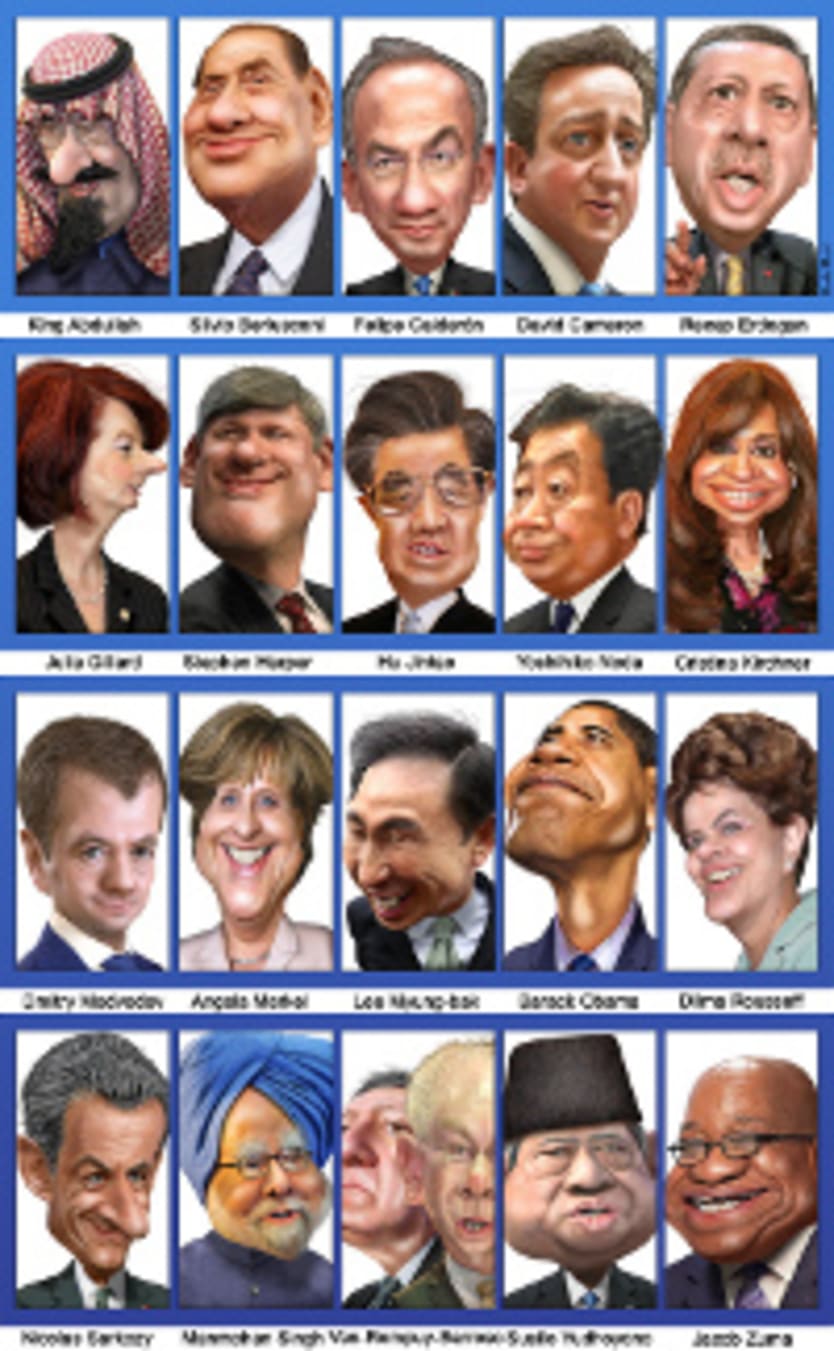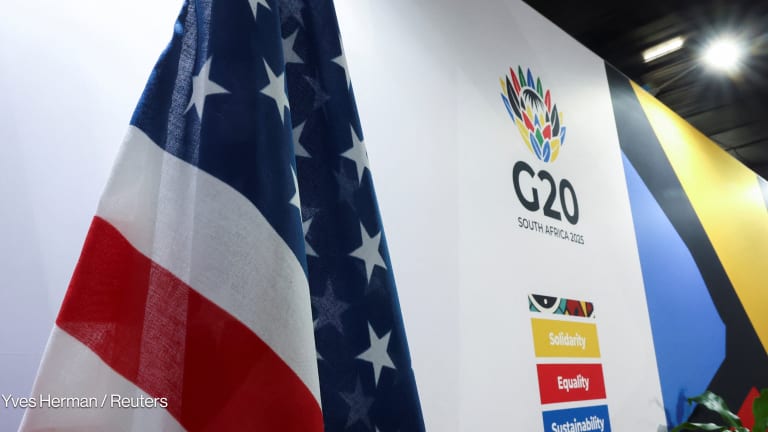
This week in Quotables:
“Ultimately, developing countries’ domestic resources will be the largest source of funds for development.”
- Bill Gates, co-founder of the Bill & Melinda Gates Foundation, in a report to G-20 leaders entitled “Innovation with Impact: Financing 21st Century Development,” presented Nov. 3 at a gathering of world leaders in Cannes, France
Adrian Lovett, Europe director of ONE, responded in Cannes the same day: “The Gates report shows for the first time how coordinated global agreement on investment, aid and innovative taxes could raise enough revenue to achieve the Millennium Development Goals and avoid catastrophic consequences of the eurozone crises – not only for Europe and the international finance system, but also for developing countries who are the innocent victims of this crisis.”
“The G20 has to learn how to walk and chew gum at the same time,” Sam Worthington, president of the NGO network InterAction, said in a statement. “The fact that it takes a report from Bill Gates to get development back on the agenda speaks volumes about how the G20 needs to shift its focus in the future from not only being in crisis mode but towards building a more inclusive, sustainable global economy.”
As the summit wrapped up, Soren Ambrose, ActionAid International’s policy manager, summed it up this way, according to France 24: “There’s a full, hearty meal for Greece and the other countries that are in the G20 in the communiqué, but the developing world, the impoverished people, are again being fed crumbs.”
On Tuesday, at the National Institutes of Health near the U.S. capital, the country’s Secretary of State Hillary Clinton challenged world leaders to create “an AIDS-free generation” by focusing on “effective combination prevention strategies” such as voluntary medical male circumcision, preventing mother-to-child transmission and “treatment as prevention.”
The same day, 5,000 cholera victims in Haiti demanded millions in damages from the United Nations for an epidemic widely blamed on U.N. peacekeepers.
“The cholera outbreak is directly attributable to the negligence, gross negligence, recklessness and deliberate indifference for the health and lives of Haiti’s citizens by the United Nations,” claims the petition by the Institute for Justice and Democracy in Haiti.
A few days prior, on Thursday, Bernard Membe, Tanzania’s foreign affairs and international cooperation minister, had held an agitated press conference in Dar es Salaam.
“We are not ready to allow any rich nation to give us aid based on unacceptable conditions simply because we are poor,” he said.
In late October, at the Commonwealth Heads of Government Meeting in Perth, Australia, U.K. Prime Minister had suggested he was prepared to cut aid to countries that discriminated against gay people and restricted human rights.
World leaders will gather again Nov. 29 to Dec. 1 to talk at the Fourth High Level Forum on Aid Effectiveness in Busan, South Korea, and again Dec. 15-16 at the European Development Days in Warsaw, Poland.
Meanwhile, the world population has reached 7 billion, three security guards manning the UNHCR compound in Kandahar, Afghanistan, and two security contractors were killed in an attack, and lawmakers in the United States and elsewhere continued to seek cuts to development cooperation. Without words.








